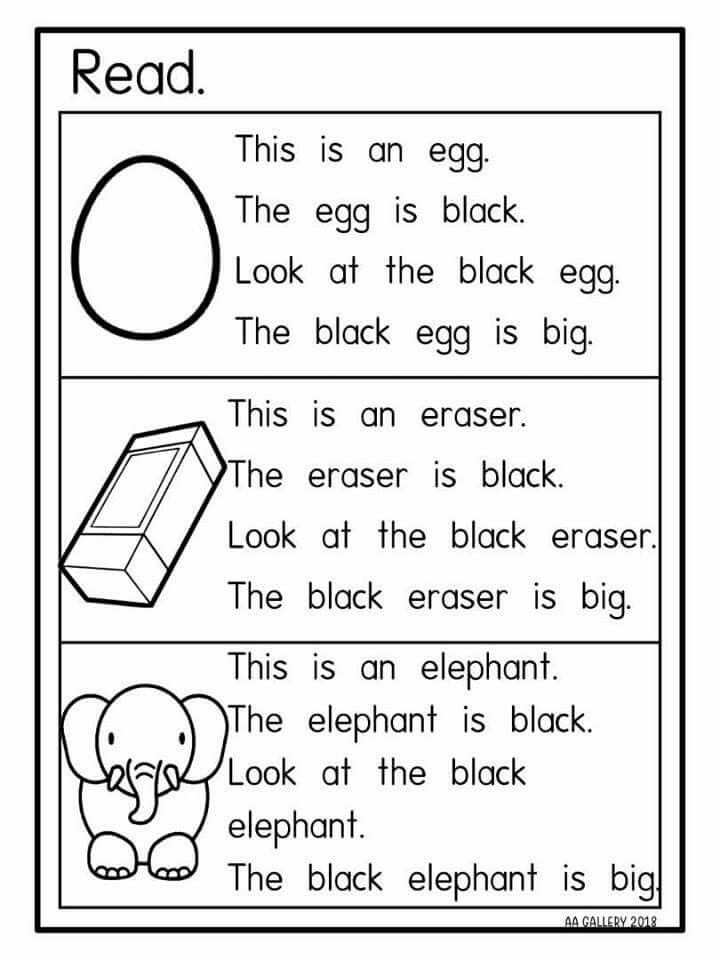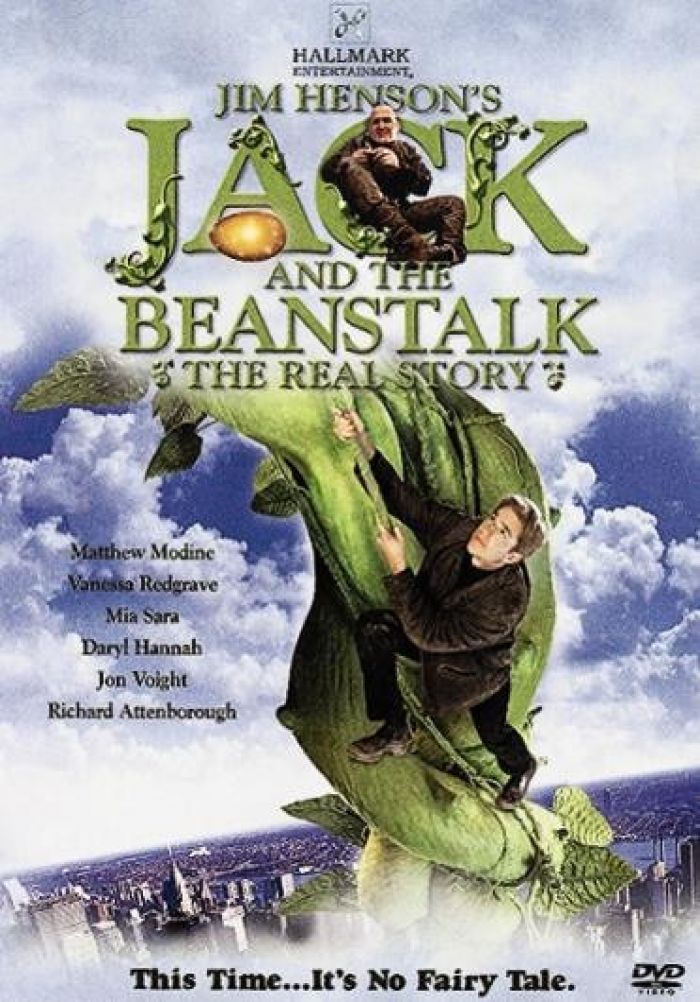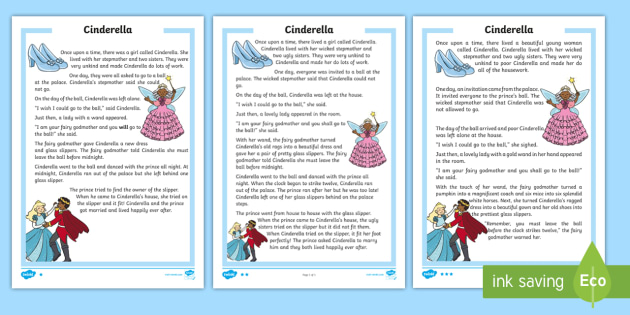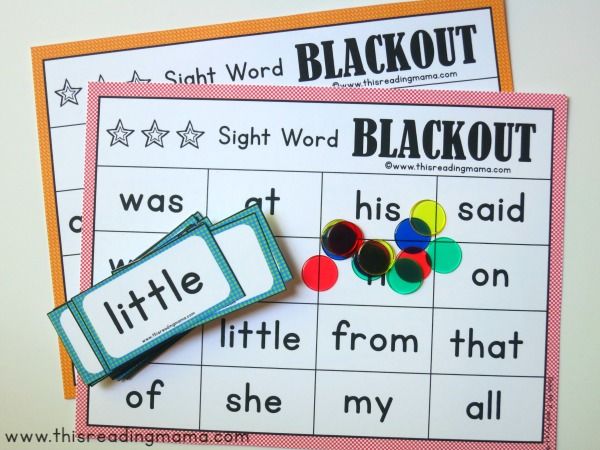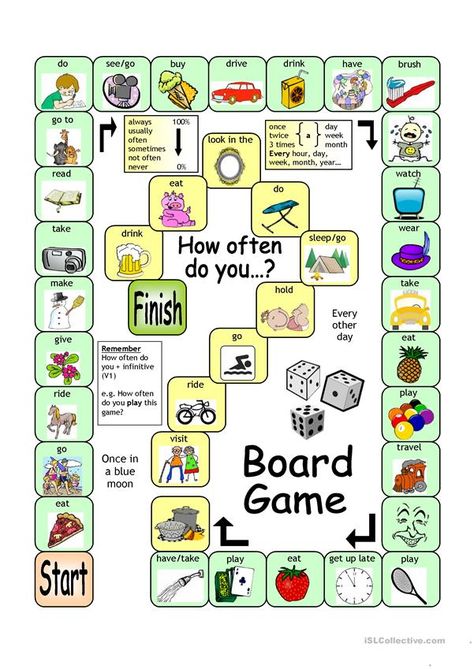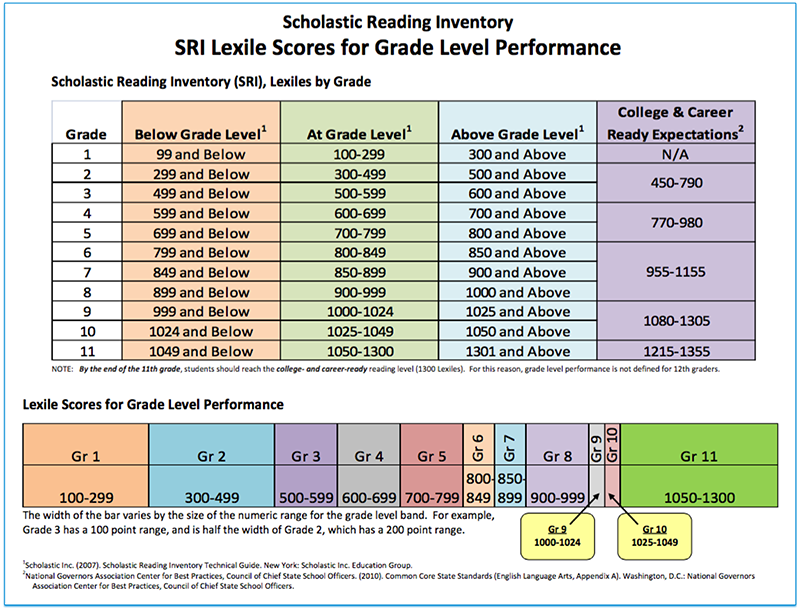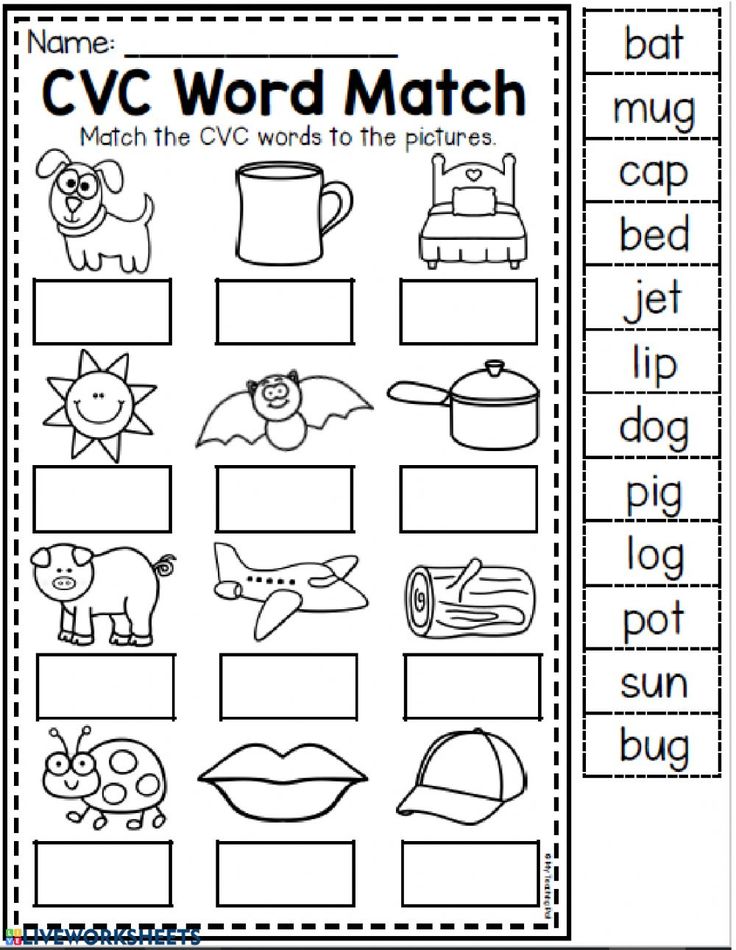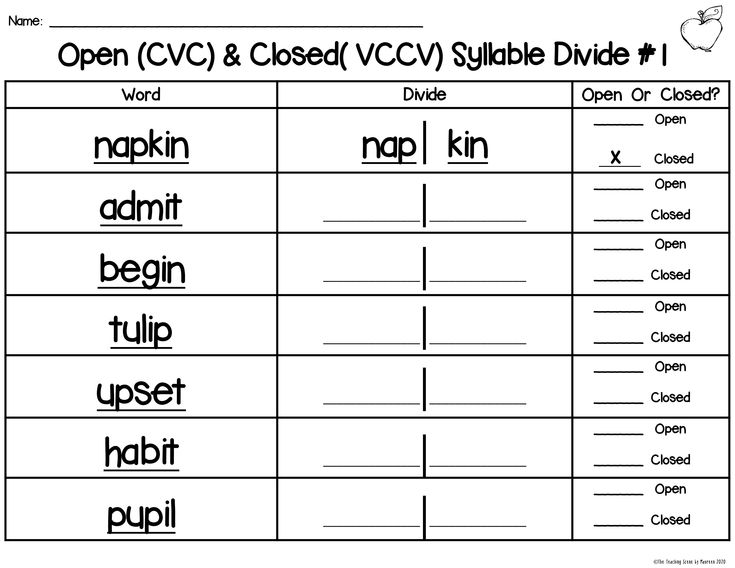Why you should read to your children
Benefits & Importance of Reading to Children
Blog
03/03/2017
It’s undeniable that a child’s reading skills are important to their success in school, work, and life in general. And it is very possible to help ensure your child’s success by reading to them starting at a very early age. Continue reading to learn more about the top benefits of reading to children and how reading can support them for the future.
7 Benefits of Reading to Children
Whether you’re reading a classic novel or fairy tales before bed, reading aloud to children can significantly benefit your child’s life. Some benefits reading to children include:
- Supported cognitive development
- Improved language skills
- Preparation for academic success
- Developing a special bond with your child
- Increased concentration and discipline
- Improved imagination and creativity
- Cultivating. lifelong love of reading
Reading to young children is proven to improve cognitive skills and help along the process of cognitive development. Cognitive development is the emergence of the ability to think and understand; it’s “the construction of thought processes, including remembering, problem solving, and decision-making, from childhood through adolescence to adulthood” (HealthofChildren.com). It refers to how a person perceives and thinks about his or her world through areas such as information processing, intelligence, reasoning, language development, attention span, and memory.
When you begin reading aloud to your child, it essentially provides them with background knowledge on their young world, which helps them make sense of what they see, hear, and read. In fact, many educators and researchers postulate that “It is the talk that surrounds the reading that gives it power, helping children to bridge what is in the story and their own lives,” rather than just the vocalization of the words. Introducing reading into your young child’s life, and the conversations that it will prompt, helps them to make sense of their own lives, especially at a young age.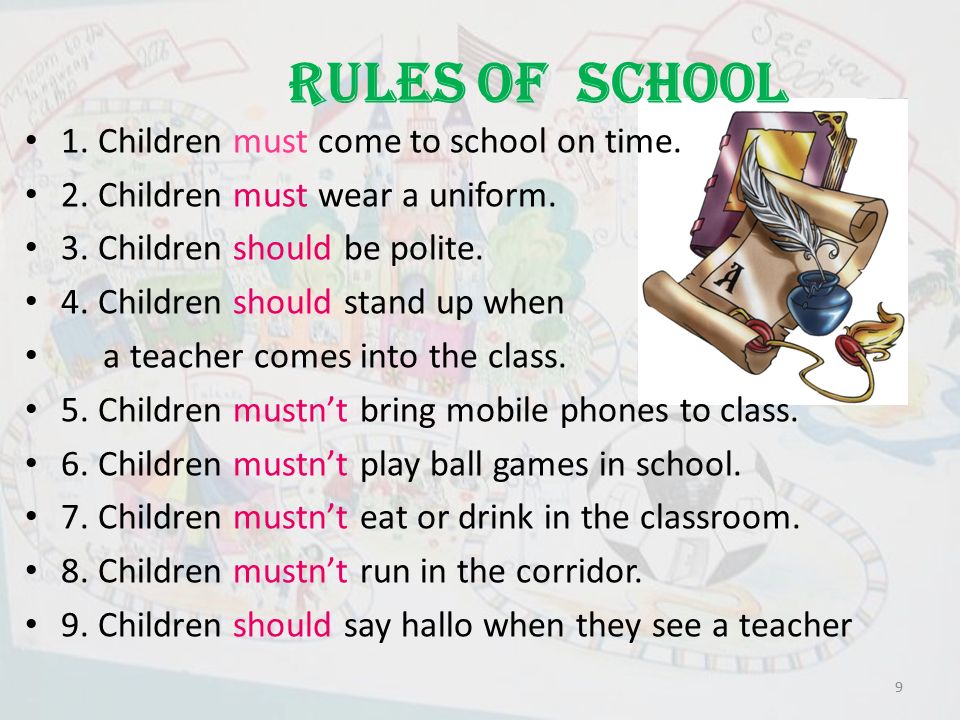
Consider this excerpt from a study on toddlers’ cognitive development as a result of being read aloud to:
“A child care provider reads to a toddler. And in a matter of seconds, thousands of cells in these children’s growing brains respond. Some brain cells are ‘turned on,’ triggered by this particular experience. Many existing connections among brain cells are strengthened. At the same time, new brain cells are formed, adding a bit more definition and complexity to the intricate circuitry that will remain largely in place for the rest of these children’s lives.”
Therefore, the more adults read aloud to their children, the larger their vocabularies will grow and the more they will know and understand about the world and their place in it, assisting their cognitive development and perception.
Improved language skillsReading daily to young children, starting in infancy, can help with language acquisition, communication skills, social skills, and literacy skills. This is because reading to your children in the earliest months stimulates the part of the brain that allows them to understand the meaning of language and helps build key language, literacy and social skills.
This is because reading to your children in the earliest months stimulates the part of the brain that allows them to understand the meaning of language and helps build key language, literacy and social skills.
In fact, a recent brain scan study found that “reading at home with children from an early age was strongly correlated with brain activation in areas connected with visual imagery and understanding the meaning of language” (TIME.com)
These cognitive skills and critical thinking skills are especially important when you consider that, according to the American Academy of Pediatrics, more than one in three American children start kindergarten without the skills they need to learn to read. About two-thirds of children can’t read proficiently by the end of the third grade.
Furthermore, while a child will be able to latch onto vocabulary and language he or she hears around him or her, introducing reading into their auditory learning provides another benefit: it introduces the language of books, which differs from language heard in daily life.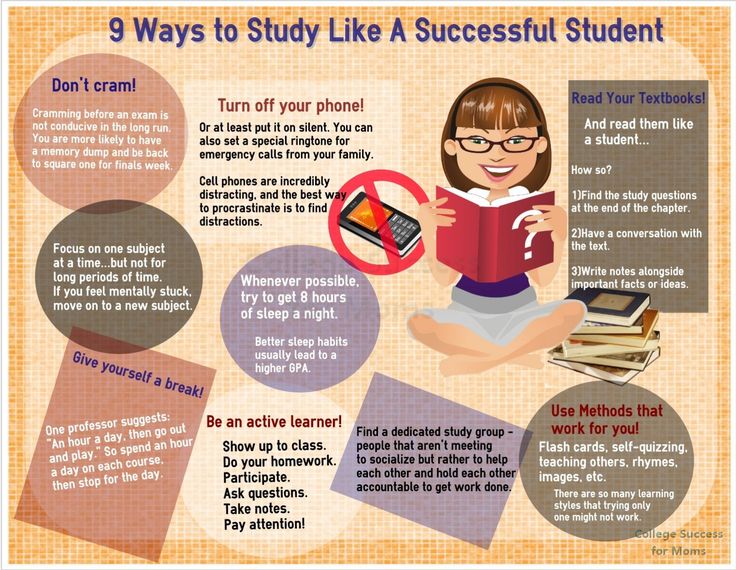 Whether it’s a children’s book or classic novel, book language is more descriptive, and tends to use more formal grammatical structures.
Whether it’s a children’s book or classic novel, book language is more descriptive, and tends to use more formal grammatical structures.
Early reading with your child is a true one-on-one opportunity for children to communicate with their parents and parents to communicate with their children. It allows children to grow their vocabulary skills with exposure to new words and listening skills they develop from hearing someone read to them that become vital to their academic success.
Studies have shown that “the more words that are in a child’s language world, the more words they will learn, and the stronger their language skills are when they reach kindergarten, the more prepared they are to be able to read, and the better they read, the more likely they will graduate from high school” (PBS.org).
Numerous studies have shown that students who are exposed to reading before preschool are more likely to do well when they reach their period of formal education. According to a study completed by the University of Michigan, there are five early reading skills that are essential for development. They are:
According to a study completed by the University of Michigan, there are five early reading skills that are essential for development. They are:
- Phonemic awareness – Being able to hear, identify, and play with individual sounds in spoken words.
- Phonics – Being able to connect the letters of written language with the sounds of spoken language.
- Vocabulary – The words kids need to know to communicate effectively.
- Reading comprehension – Being able to understand and get meaning from what has been read.
- Fluency (oral reading) – Being able to read text accurately and quickly.
While children will encounter these literacy skills and language development once they reach elementary school and beyond, you can help jumpstart their reading success by reading to them during infancy and their early toddler years.
While they won’t be able to practice fluency or phonics at that stage, they will get an earlier introduction to phonetic awareness, vocabulary and reading comprehension, all of which will set them up for success as they grow and interact with the world around them.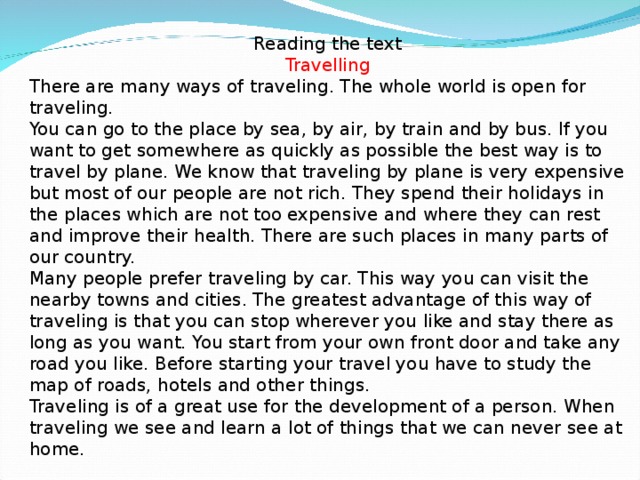
Developing a special bond with your child
It goes without saying that reading to your young child on a regular basis can help you forge a stronger relationship with them. When it comes to children, one of the most important things you can do to positively influence their development is spend time with them. Reading to your children provides a great opportunity to set up a regular, shared event where you can look forward to spending time together. With shared reading, your child will trust and expect that you will be there for them. The importance of trust to small children cannot be overstated.
Reading a favorite book to your children not only helps you bond with them, but also gives your children a sense of intimacy and well-being. This feeling of intimacy helps your child feel close to you, and the feelings of love and attention encourage positive growth and development.
With babies specifically, although they may not be able to understand what you’re saying when you read to them, reading aloud provides a level of invaluable nurturing and reassurance. Very young babies love to hear familiar voices, and reading is the perfect outlet to create this connection.
Very young babies love to hear familiar voices, and reading is the perfect outlet to create this connection.
At a broader, more scientific level, it’s the parent-child relationship, nurturing relationships between caregivers and children that set a positive life course. If you are able to read aloud with your child at a predictable, scheduled time that fits with the daily routines of home and school, you’ll be able to provide something constant that they can expect and likely even look forward to.
Reading aloud together and having a shared activity gives you and your child something to talk about, which in turn supports the development of reading and writing skills (per the vocabulary and reading comprehension areas of development mentioned above). And down the road, reading together can be used to discuss real-life experiences and issues. A children’s book can provide springboards to meaningful discussions about many different topics which can further develop a child’s critical thinking skills.
At its core, literature is one of the best ways to help kids understand something without necessarily having to experience it for themselves. Reading to your child helps to expose them to all types of subjects and concepts, building our children’s understanding of humanity and the world around them (ReadBrightly.com).
Increased concentration and disciplineIntroducing regular reading time into your child’s schedule has another benefit outside of creating shared time together: increased discipline and concentration. Very young children rarely sit still for long, and it’s oftentimes difficult to get them to focus. But when you introduce regular reading to your children, you may start to observe a change in behavior. Toddlers may initially squirm and become distracted during story time, but eventually they’ll learn to stay put for the duration of the book.
According to EarlyMoments.com, along with reading comprehension comes “a stronger self-discipline, longer attention span, and better memory retention, all of which will serve your child well when she enters school. ”
”
Young children naturally have a capacity to dream big and use their imaginations. Reading aloud to your child helps them use their imaginations to explore people, places, times, and events beyond their own experiences. Reading as an imaginative activity can open doors to all kinds of new worlds for your child. By widening your child’s imagination, your child is more likely to dream bigger and act creatively which can benefit they school, work, and life in the future.
Cultivating a lifelong love of readingAccording to Jim Trelease, author of the best-seller, The Read-Aloud Handbook: “Every time we read to a child, we’re sending a ‘pleasure’ message to the child’s brain… You could even call it a commercial, conditioning the child to associate books and print with pleasure” (ReadAloud.org)
This connection between reading and “pleasure” is crucial for success later in life. As personal development coach and speaker Brian Tracy says, your ability to expand your mind and strive for lifelong learning is critical to your success — “Learning is the minimum requirement for success in any field. ”
”
Reading is the key for lifelong learning, and if you can instill a love of reading at an early age, then a commitment to lifelong learning is sure to follow. Reading aloud presents books as sources of pleasant, valuable, and exciting experiences. Children who value books are motivated to read on their own, and will likely continue to practice independent reading throughout the rest of their lives.
When it comes to reading to your children, the benefits to your child’s life range far beyond the development of a close bond with them, although that’s certainly one of them. Reading aloud to children is truly the single-most important activity for building these understanding and skills essential for reading success that your child will carry with them all throughout their life.
To learn more about our resources for children, visit our website.
Related Articles
This website uses cookies to improve your experience.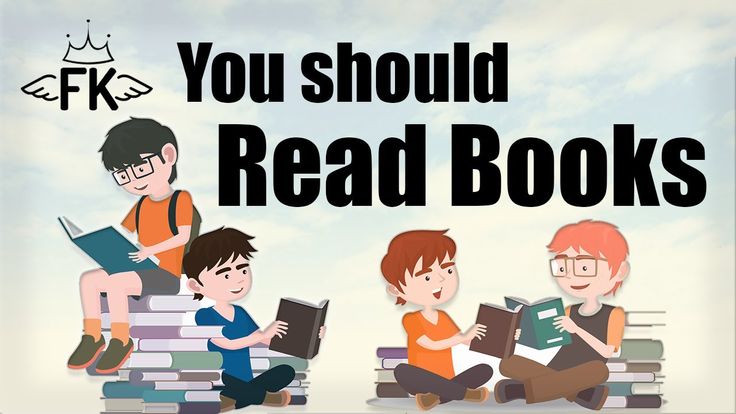 By continuing to use our site you agree to our Privacy Policy. ACCEPT
By continuing to use our site you agree to our Privacy Policy. ACCEPT
Reading with Your Child | Reading Rockets
By: Bernice Cullinan, Brod Bagert
There is no more important activity for preparing your child to succeed as a reader than reading aloud together. Fill your story times with a variety of books. Be consistent, be patient, and watch the magic work.
It's no secret that activities at home are an important supplement to the classroom, but there's more to it than that. There are things that parents can give children at home that the classrooms cannot give.
Start young and stay with it
At just a few months of age, an infant can look at pictures, listen to your voice, and point to objects on cardboard pages. Guide your child by pointing to the pictures, and say the names of the various objects. By drawing attention to pictures and associating the words with both pictures and the real-world objects, your child will learn the importance of language.
Children learn to love the sound of language before they even notice the existence of printed words on a page. Reading books aloud to children stimulates their imagination and expands their understanding of the world. It helps them develop language and listening skills and prepares them to understand the written word. When the rhythm and melody of language become a part of a child's life, learning to read will be as natural as learning to walk and talk.
Even after children learn to read by themselves, it's still important for you to read aloud together. By reading stories that are on their interest level, but beyond their reading level, you can stretch young readers' understanding and motivate them to improve their skills.
It’s part of life
Although the life of a parent is often hectic, you should try to read with your child at least once a day at a regularly scheduled time. But don't be discouraged if you skip a day or don't always keep to your schedule. Just read to your child as often as you possibly can.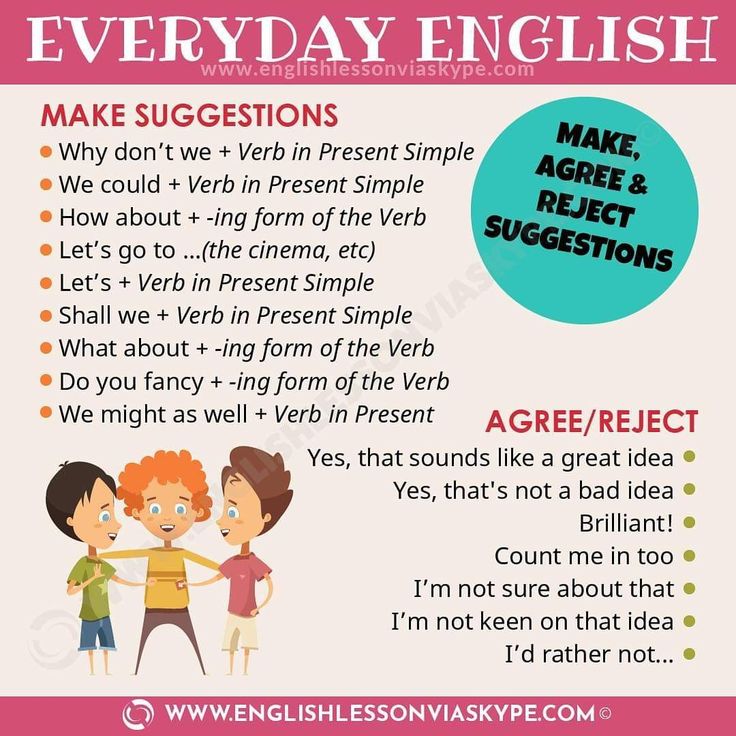
If you have more than one child, try to spend some time reading alone with each child, especially if they're more than two years apart. However, it's also fine to read to children at different stages and ages at the same time. Most children enjoy listening to many types of stories. When stories are complex, children can still get the idea and can be encouraged to ask questions. When stories are easy or familiar, youngsters enjoy these "old friends" and may even help in the reading.
Taking the time to read with your children on a regular basis sends an important message: Reading is worthwhile.
One more time
You may go through a period when your child favors one book and wants it read night after night. It is not unusual for children to favor a particular story, and this can be boring for parents. Keep in mind, however, that a favorite story may speak to your child's interests or emotional needs. Be patient. Continue to expose your children to a wealth of books and eventually they will be ready for more stories.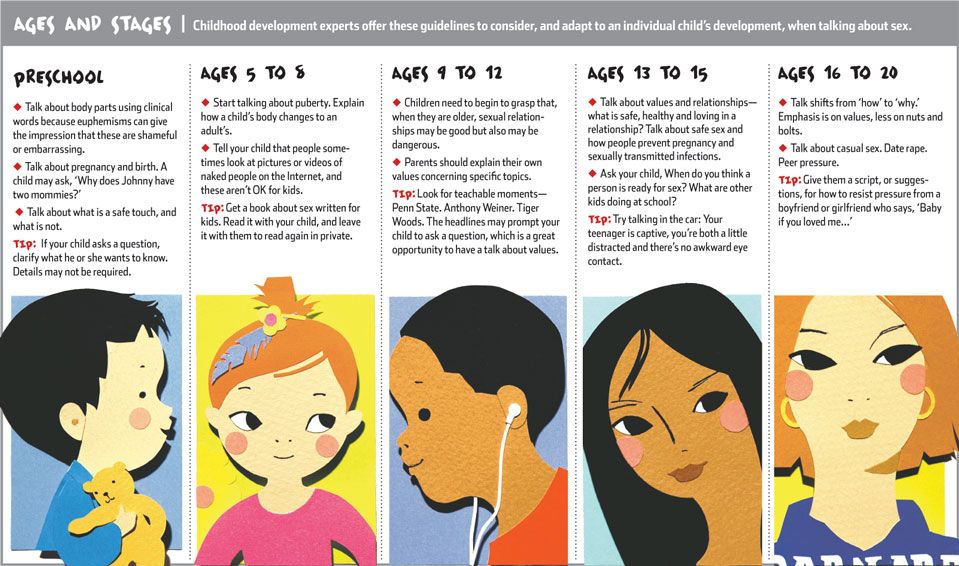
Talking about stories
It's often a good idea to talk about a story you are reading, but you need not feel compelled to talk about every story. Good stories will encourage a love for reading, with or without conversation. And sometimes children need time to think about stories they have read. A day or so later, don't be surprised if your child mentions something from a story you've read together.
Remember when you were very young
It will help, however, if we open our eyes to some things adult readers tend to take for granted. It's easier to be patient when we remember how much children do not know. Here are a few concepts we adults know so well we forget sometimes we ever learned them.
- There's a difference between words and pictures. Point to the print as you read aloud.
- Words on a page have meaning, and that is what we learn to read.
- Words go across the page from left to right. Follow with your finger as you read.
- Words on a page are made up of letters and are separated by a space.
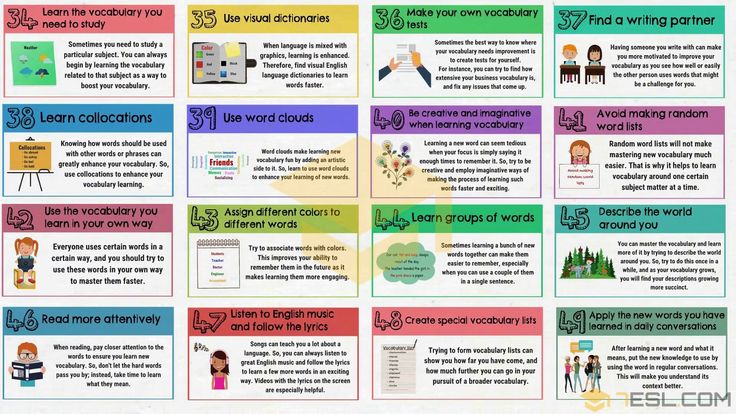
- Each letter has at least two forms: one for capital letters and and one for small letters.
These are examples of hieroglyphics.
Imagine how you would feel if you were trying to interpret a book full of such symbols. That's how young readers feel. But, a little patience (maybe by turning it into a puzzle you can solve together) is certain to build confidence.
Advertise the joy of reading!
Our goal is to motivate children to want to read so they will practice reading independently and, thus, become fluent readers. That happens when children enjoy reading. We parents can do for reading what fast food chains do for hamburgers? ADVERTISE! And we advertise by reading great stories and poems to children.
We can help our children find the tools they need to succeed in life. Having access to information through the printed word is an absolute necessity. Knowledge is power, and books are full of it. But reading is more than just a practical tool. Through books we can enrich our minds; we can also relax and enjoy some precious leisure moments.
Through books we can enrich our minds; we can also relax and enjoy some precious leisure moments.
With your help, your children can begin a lifelong relationship with the printed word, so they grow into adults who read easily and frequently whether for business, knowledge, or pleasure.
4 reasons why children should read
“Get out of your computer and read a book!” - not the most friendly and reasoned advice. How to explain to teenagers why they need to read? Our new blogger, Russian language teacher Polina Averina, admits that reading a social media feed is also reading, and tells why fiction is needed.
There are fewer and fewer children who read books every year, especially among those who have already completed primary school. You can talk a lot about the abstract benefits of reading, but during the Russian language classes with children from 8 to 18, I found four reasons to love literature, which, it seems to me, you can’t argue with. What will actually happen to children if they read not only the feed on social networks (this is also reading), but also books?
1.
 Passive vocabulary will increase
Passive vocabulary will increase Every person has an active and a passive vocabulary. We use words from the active vocabulary when we speak and write, we do not use words from the passive vocabulary, but we know their meaning and understand if we come across them.
The social media feed consists of a fairly small number of words that are part of the active vocabulary of most people and that we often use in everyday life. In books, the words are completely different. The words “backwards”, “boars”, “play tricks”, “smart” are hard to find on Instagram. “So why are they needed at all?” the children will ask. In addition to the fact that everyone is pleased to communicate with a person with a rich, varied speech, there is another reason. Words from the passive stock are found in texts that are used and will continue to be used in schools as teaching materials and Olympiad tasks in literature and the Russian language. That is, children who do not know books go to school, meet these words there and experience stress, because it is written in Russian, but it is not clear. Why does a child need extra stress if you can prepare?
Why does a child need extra stress if you can prepare?
Only, of course, while reading, you need to find out the meaning of incomprehensible words - ask your parents, for example. If you are reading a book aloud to a child, you need to stop sometimes and ask if he understands the meaning of, for example, the words "cramming" or "indulge."
2. Children will be able to build complex grammatical constructions
In oral speech and daily communication in instant messengers and social networks, we do not use long complex sentences, participial and adverbial phrases, and so on. Instead of the phrase “At the very entrance there was a huge and once mighty tree that had seen more than one generation of people”, we will say something like “A very old tree stood at the entrance, but it was probably 500 years old.” Using only simple grammatical constructions, no one can write a good coherent text.
Why do children need good coherent texts? Firstly, in order not to worry about social studies essays and essays for the OGE and USE
Secondly, it will come in handy in life. While reading books, our brain scans and remembers how sentences are built, and if we read enough, we can build complex sentences with several clauses, with refinements and various isolated constructions, even if we skipped all the Russian lessons at school and don’t know what they mean the words "subordinate" and "separate".
While reading books, our brain scans and remembers how sentences are built, and if we read enough, we can build complex sentences with several clauses, with refinements and various isolated constructions, even if we skipped all the Russian lessons at school and don’t know what they mean the words "subordinate" and "separate".
3. Children will get acquainted with a cultural layer that is understandable and close to their parents and grandmothers
While reading literary texts, children get to know famous characters (for example, Cheburashka, Dunno, Carlson, Denis Korablev). Their images are still found in the design of children's educational materials and even classroom interiors. If you know what kind of heroes they are, it is much more pleasant to use the textbook: we are always happy when we meet good friends.
You can also learn from the book how people used to live. Let's say why the pioneers handed over scrap metal or how they studied in gymnasiums in the 19th century. In addition, usually some expressions and references to books involuntarily appear in the speech of mothers, grandfathers and grandmothers. For example, if mom says: “Does he have sawdust in his head?” - and the child has not read "Winnie the Pooh", he may not understand what it is about.
In addition, usually some expressions and references to books involuntarily appear in the speech of mothers, grandfathers and grandmothers. For example, if mom says: “Does he have sawdust in his head?” - and the child has not read "Winnie the Pooh", he may not understand what it is about.
4. There will be no problems with the selection of arguments for the essays of the OGE and the Unified State Examination
In the essays of the 11th grade, it is required to bring arguments from fiction, and for the OGE in the 9th grade - from life experience. The books read by the child are also included in his life experience. If a ninth grader gives an argument from the literature, the experts are happy, the work is evaluated higher, everyone is happy.
Compare excerpts from two essays on friendship:
1. “...I will give an example from life. I have a friend Dasha, we have been friends with her since the first grade. Dasha goes in for skiing, and I always cheer for her at competitions and rejoice at her success. Dasha also supports me a lot when I prepare for concerts and competitions with our choreographic ensemble. Even if we enter different universities, we will definitely be friends ... "
Dasha also supports me a lot when I prepare for concerts and competitions with our choreographic ensemble. Even if we enter different universities, we will definitely be friends ... "
2. “...I will give an example from fiction. The main character of M. Yu. Lermontov's novel "A Hero of Our Time" Grigory Pechorin does not believe in friendship and good relations between people. His relationship with Grushnitsky cannot be called friendship. Both heroes are envious and vain, do not forgive anything to each other, are caustic. Such qualities make it difficult to find a true friend…”
Which one do you think the experts will like more?
When there is already a sufficient supply of read works and reading continues during the school year at 9th and 11th grade, it will take much less time to prepare. And money for a tutor, by the way, too. All of the above is conducive to instilling in children the habit of reading and maintaining it, including in adolescence.
You are in the "Blogs" section.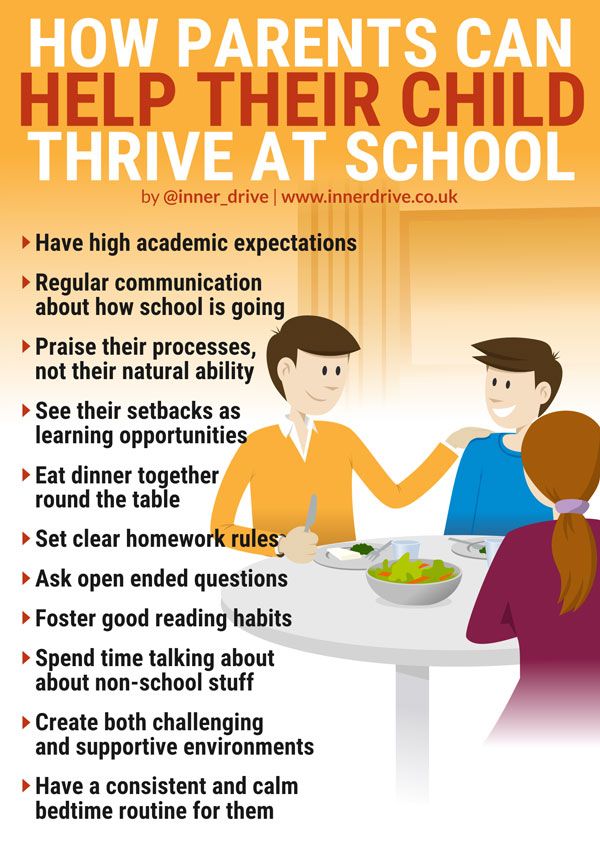 The opinion of the author may not coincide with the position of the editors.
The opinion of the author may not coincide with the position of the editors.
Photo: Shutterstock (diignat)
Why read children's books with your child
Liana Khaziakhmetova
Reading together is one of the most useful tools for a child's development. We tell you why you should read with children before adolescence, how to choose books, and why you should not only read, but also communicate with your child over an open book.
Introducing Emotions
Child Emotional Intelligence
From infancy through adolescence, reading good children's books is a great way to introduce your child to emotions. Books help children build a vocabulary for talking about feelings and talk about the different ways people deal with anger, fear, and sadness.
Well-chosen, age-appropriate books can give parents an excuse to talk about traditionally difficult topics, such as "where do babies come from" and "what happened to grandpa when he died. "
"
Watching TV programs or movies together can be a good occasion for family conversations. But psychology professor and author of The Emotional Intelligence of the Child, John Gottman, believes that books work better because the reader and listener can stop and discuss what is bothering them at any time. In addition, when reading aloud, children get the feeling that their family is involved in the story, so the plot and characters seem closer to them.
Well-written children's books can help adults get in touch with their children's emotional world.
One of the most profound and heartfelt books of MYTH is The Real Life of Jacomyn Gainsborough
One of the mothers in Gottman's parent group told how she read to her ten-year-old daughter a story about a group of girls her age. The girls in the story were upset that one of them had to leave. It was a simple story about a very ordinary situation, but it deeply touched the mother, who again experienced all the feelings that she experienced when her family had to move. By remembering how devoted childhood friendships can be at this age, a mother was able to better understand the meaning of friendship for her daughter.
By remembering how devoted childhood friendships can be at this age, a mother was able to better understand the meaning of friendship for her daughter.
Unfortunately, many parents stop reading aloud to their children as soon as they learn to read, but some still continue to read books to their children until adolescence. Like the habit of getting together at dinner, reading aloud ensures that the adult and the child will constantly meet and share what interests them.
Preparing for adulthood
If you put into a search engine the query "Why should children read books?", then you will find a whole collection of articles on various sites that explain the benefits of reading for a child.
Most often they mention the cognitive and educational functions of reading, as well as improving the speech abilities of a small person who, thanks to reading, learns many new and beautiful words and begins to use them in conversation. And what are the goals of children? Let's figure it out together with Yulia Kuznetsova, a writer and author of Calculus.
Calculus
It is easier for parents than for children to determine the purpose of children's reading. It is more difficult - but more valuable - not to send a directive to the child about why he should read, but to catch, like a goldfish, the interest of the child himself. Why is it not easy? Because often what children consider worthy of attention is regarded by adults as nonsense, trifle, or even some kind of nonsense. Remember how on the playground, mothers roll their eyes and wink when a child with a serious look explains that he and his comrades are looking for treasure in the sandbox.
The same thing happens with books. One of my acquaintances told his grandmother for a long time how much he loves Grigory Oster's funny poems, he quoted and explained what was funny, but my grandmother just waved her hand and said: "It would be better if you read Chekhov, honestly!" But everything has its time, and if you really want to introduce the child to the works of the classic early, you can enthusiastically read them aloud to him.
It is more important not to instill something in the child, but, on the contrary, to listen to what he will say, to delve into the details, to demonstrate a serious attitude to what was said, to assess trust.
And think about how to connect the child's interest with your ideas about children's reading. Imposing your goals on the child - you need to read then and then - it will not work!
The easiest way to fall in love with reading is with such books — voluminous illustrations, short text and an exciting plot. Spread of the book “Once Upon a Moonlit Night”
But even a child may have rather limited ideas about the goals of reading (books are needed to know a lot of different words, so I will only read encyclopedias). It is necessary to look for a compromise, a path between two points of view, which will be comfortable for both the child and the adult.
For example, if your child loves dogs and you dream of him reading classical works, you should go to the library or shop together and look for Russian classical works about dogs. You will be surprised, but besides "Kashtanka" there will be many other well-known and wonderful, but forgotten by you works.
You will be surprised, but besides "Kashtanka" there will be many other well-known and wonderful, but forgotten by you works.
It should also be taken into account that the purpose of reading is chosen for a specific moment or stage of life. For example, a child is interested in different mechanisms. Then you should not insist that "at your age it's time to read Tolstoy's stories, and not about cars", but pick up a few books about the device, say, trains or cars. If a girl loves to play with dolls, but doesn't want to read at all, tell her that there are many wonderful books about dolls (Rag Ann by Johnny Gruell, Josephine and Her Dolls by Mrs. Cradock, Notes of a Doll by Varvara Andreevskaya). In online stores, entire reviews are devoted to the thematic selection of books. Closer to the New Year, you can offer to read about Christmas and Christmas decorations, and if a friend is in the hospital, talk with your young reader what book it makes sense to convey - something about the hospital or, conversely, a fascinating novel about pirates that will help you not to lose heart ?
So it is with us in our adult life: in a difficult moment we resort to one type of literature, when we are busy with work tasks - to another, and on vacation - to a third.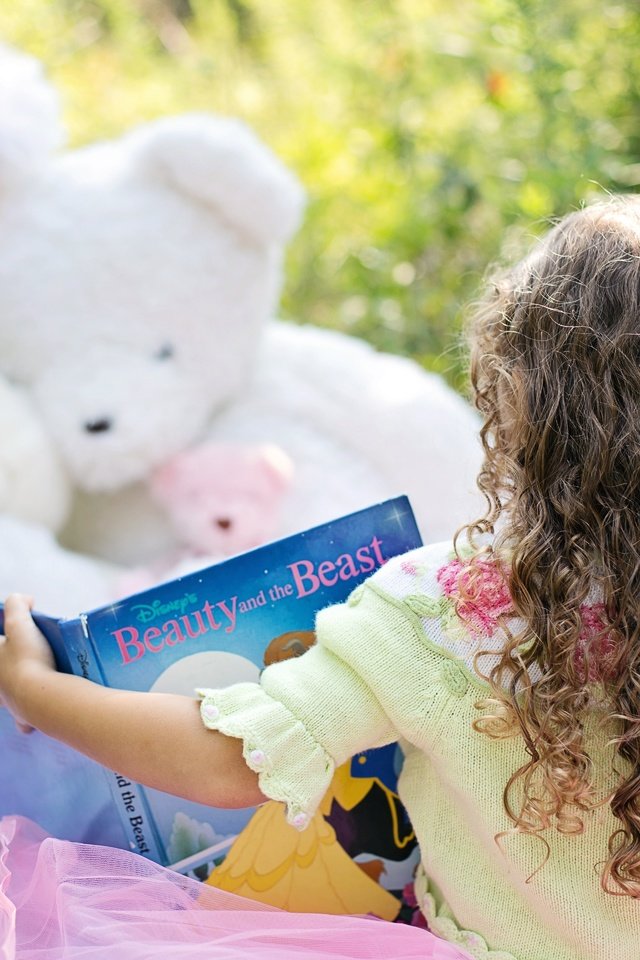 The fact that we discuss with the child the goals of his reading, advising something, in something, on the contrary, yielding, prepares him for adulthood. When a child grows up and encounters a variety of life situations, he will take advantage of the habit of choosing a book taking into account the circumstances and, most importantly, his own desires. To discuss the goals of reading and the books you want to offer or show, it is worth choosing a moment when the child is not excited, upset, does not want to eat or sleep, but, on the contrary, is disposed to sincere conversation.
The fact that we discuss with the child the goals of his reading, advising something, in something, on the contrary, yielding, prepares him for adulthood. When a child grows up and encounters a variety of life situations, he will take advantage of the habit of choosing a book taking into account the circumstances and, most importantly, his own desires. To discuss the goals of reading and the books you want to offer or show, it is worth choosing a moment when the child is not excited, upset, does not want to eat or sleep, but, on the contrary, is disposed to sincere conversation.
Attune to the child
Verbal communication with a child from birth lays the foundation for his communication skills long before he learns to speak. Similarly, reading from day one develops literacy and a love of books long before a baby can read on its own. As with verbal communication, how and how much a parent reads to a child in the first years of life has a significant impact on his readiness for school and a certain life trajectory. In 2014, the American Academy of Pediatrics released a new recommendation that all parents should read books to their children from birth.
In 2014, the American Academy of Pediatrics released a new recommendation that all parents should read books to their children from birth.
There are many scientific papers to support this concept. Research shows that children who are read to in their early years have a larger vocabulary and better math skills as early as elementary school. There is also evidence that parents who read enthusiastically increase the child's desire to learn to read, and subsequently he reads more and more.
But many mothers have a picture of the perfect reading in their heads, write the authors of Thirty Million Words. This is when the child sits quietly and listens. Otherwise, there is no point in reading. This is not true. The reading process itself is a great opportunity to tune in to the child.
Thirty million words
The traditional performance of mom or dad reading while the child listens quietly. In “dialogue reading,” developed as part of Grover Whitehurst's Stony Brook educational project, the roles are slightly reversed. The aim of the project is to encourage children to become more involved in storytelling, including by asking questions and discussing what they have understood, thought and felt. With this approach, the child becomes the storyteller, and the parent becomes the audience.
The aim of the project is to encourage children to become more involved in storytelling, including by asking questions and discussing what they have understood, thought and felt. With this approach, the child becomes the storyteller, and the parent becomes the audience.
Discuss the amazing illustrations. Spread of the book "Cat's Attic"
For example. A children's book held by mom or dad is open to the front page. This usually means that the book is read from start to finish. But with the Thirty Million Words strategy, something different happens. Parents, while reading, vigilantly monitor what exactly attracts the attention of the child, and accordingly adjust the direction of their own attention. In other words, they tune in to the child. As a result, a direct and even road to learning is open before the baby, because nothing diverts attention to things that are not interesting to him.
Active communication is the second component of joint reading.
It is easy to see the benefit of communication in brain formation. The level of detail will change as the child grows, and the discussion of what is happening, the possible consequences, the impact on the characters of the book makes the plot more meaningful to the child. In addition, although the books use everyday familiar words, they are also filled with ambiguous, complex, and rarely used words, such as gallop, mischievous, or magical. By repeating these words when discussing a book, you fix them in the mind of the child.
With older children, intensive conversation may involve building a dialogue with open-ended questions about events, thoughts, and feelings about the story. Requiring more thinking and guessing, such questions connect communication with a higher level of creative thinking in the child, since the answers to them are not on the pages of the book. They offer a great opportunity to use a context-free language.
The development of dialogue—another aspect of shared reading—occurs every time an infant or child points to a picture, flips a bookmark, turns a page, asks or answers a question.

